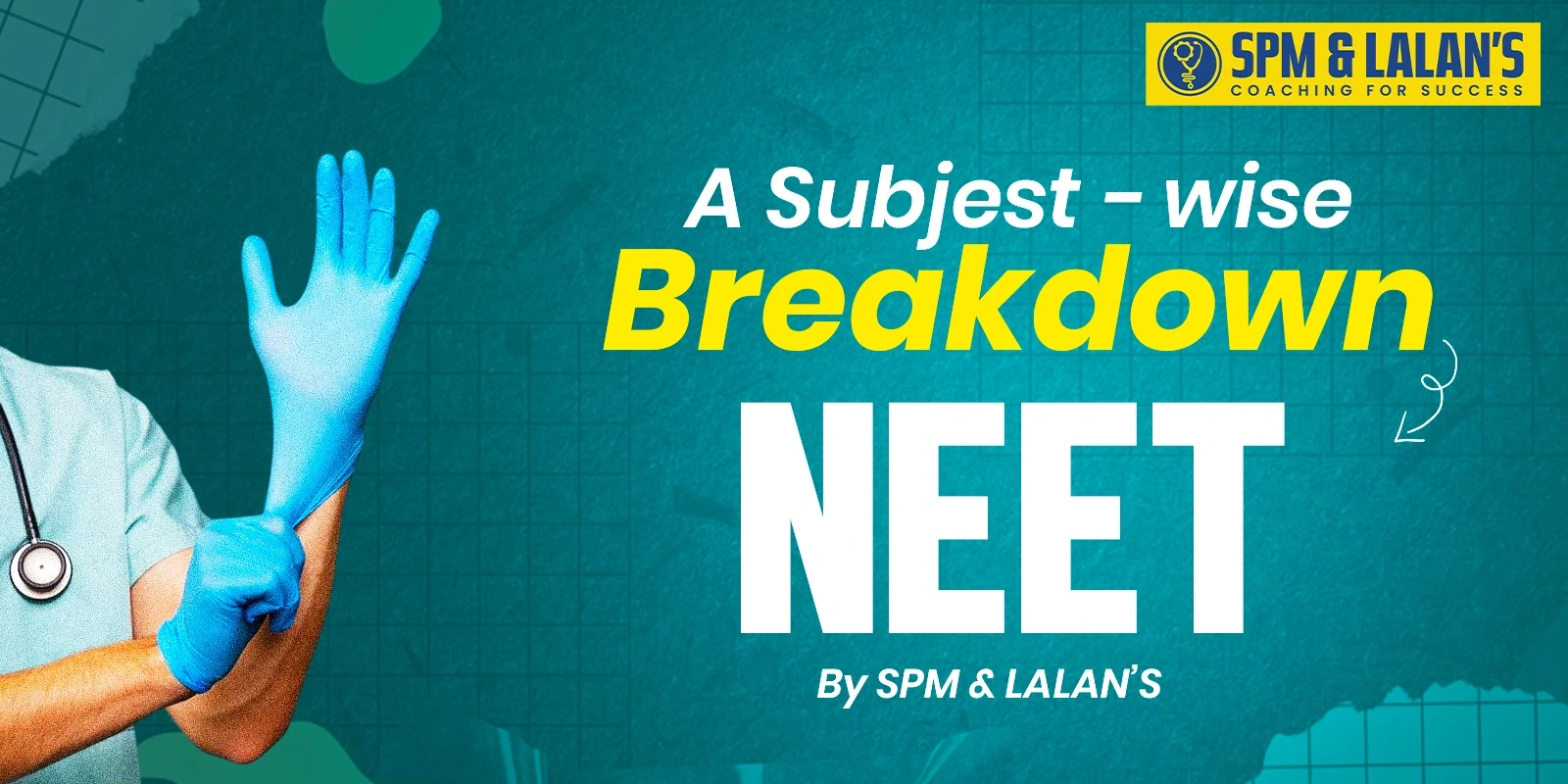Allied health professions are health professions that assist in diagnosing and treating disease. They assist physicians and other health professionals in treating certain diseases. Allied health has many different fields, such as dentistry, physical therapy, and pharmacy. If you’re considering a career in healthcare, you might be interested in reading about allied health careers. In this article, we tell you about the careers you can obtain with an allied health degree and give you a list of 15 careers you can obtain with this training.
What are allied health career jobs?
Allied health degree occupations are specialized healthcare professions that help in diagnosis, treatment, and care of patients. Allied health professions are very significant in the smooth functioning of hospitals, clinics, and diagnostic laboratories. Allied health professionals include medical laboratory technologists, radiographers, physiotherapists, optometrists, and so on.
You can opt for these professions according to your interest and educational degree, i.e., certificate, diploma, bachelor’s, or master’s in allied health sciences. For students who wish to join the healthcare industry after passing 12th standard, allied health offers a flexible and remunerative choice with growing employment opportunities and reasonable salary packages.
Difference Between Allied Health and Traditional Medical Professions
Whereas conventional medical practitioners such as doctors and surgeons are mainly involved in the diagnosis of illness and direct treatment, allied health professionals are involved in an ancillary but specialist function of the healthcare system. They are involved in the areas of diagnostics, rehabilitation, preventive medicine, and therapeutic support.
15 Allied Health Degree Jobs You Can Earn
- Dental Hygienist
Primary duties:
- Using tools such as scrapers and polishers to remove tartar, plaque and stains
- Applying preventative treatments such as fluoride and sealants
- Taking and developing X-rays of the mouth
- Recording findings during cleanings and reporting information to the dentist
- Assisting the dentist during procedures with tasks like administering anesthesia and removing sutures.
- Medical Assistant
Primary duties: A medical assistant works alongside doctors and other health professionals to provide quality care to patients. They often work in doctors’ offices, outpatient care facilities, medical clinics and hospitals. These professionals typically perform administrative activities and some clinical duties, such as checking patients’ vitals, drawing blood and administering vaccinations. Their duties include scheduling appointments, filling out billing and insurance forms, recording patients’ medical histories and preparing patients for examinations.
- Phlebotomist
Primary duties: A phlebotomist draws blood from individuals for diagnostic or donation purposes. These professionals often find employment at physicians’ officers, diagnostic laboratories, hospitals or blood donation centres. Phlebotomists ensure patients feel comfortable and calm during this process, along with gathering paperwork about their identities and explaining blood draw procedures. Their duties include sterilising their tools, disposing of used equipment, labelling and storing samples and maintaining an inventory of equipment. Some phlebotomists also perform blood transfusions or draw blood to gather samples for research.
- X-Ray Technician
Primary duties: An X-ray technician is responsible for using specialised equipment to take images of patients’ bones and internal organs. Also known as radiographers, these professionals use these images to help physicians diagnose patients. Besides x-rays, these technicians may learn how to perform other imaging activities, such as CT scans, MRIs and sonograms. Their duties include preparing and maintaining imaging equipment, prepping and positioning patients for x-rays, evaluating and discussing imaging results and developing treatment recommendations. Because of the equipment they use, these professionals ensure patients’ safety by ensuring adherence to radiological protocols.
- Sonographer
Primary duties: A sonographer is a medical professional who performs ultrasound scans to help diagnose patients. These professionals operate ultrasonic imaging equipment and may focus on particular specialities, such as OB/GYN, paediatric or abdomen sonography. Also known as ultrasound technicians or diagnostic medical sonographers, they often work in hospitals, physicians’ offices and medical laboratories. Their job duties include sanitising and maintaining equipment for appointments, preparing patients for scans by following safety protocols, explaining testing procedures to patients and reviewing scans with medical professionals to diagnose conditions.
- Dietician
Primary duties: A dietician is a healthcare professional who uses their food and nutrition expertise to help patients manage health concerns. They may diagnose and treat conditions such as allergies or nutritional deficiencies and often require a license to practice. Dieticians assess their patients’ health needs and goals to develop customised diet plans. Their duties include educating patients on proper nutrition and eating habits, monitoring patients’ progress and adjusting treatment plans as needed.
- Prosthetist
Primary duties: A prosthetist is a healthcare professional who designs medical supportive devices, such as braces or artificial limbs. These professionals typically work alongside occupational and physical therapists to support patients. Prosthetists meet with patients to perform fittings and custom-make devices specified to the patients’ needs. Their duties also include taking measurements, selecting appropriate materials for devices, instructing patients how to use their devices and performing repairs.
- Physician Assistant
Primary duties: A physician’s assistant is a medical professional who helps provide primary care for patients. These professionals work under the direct supervision of a licensed doctor in clinics, private practices and hospitals. Physician assistants may specialise in a particular area of medicine, such as paediatrics or gynaecology. Their primary duties include meeting with patients, collecting medical histories, helping to diagnose conditions, assisting in minor surgical procedures, ordering lab tests and prescribing medications.
- Occupational Therapist
Primary duties: An occupational therapist develops treatment plans for patients with chronic illnesses or long recovery periods. These professionals may work in hospitals, clinics, out-patient therapy centres or private practices. The primary duties of an occupational therapist include meeting with patients, helping form recovery goals, creating treatment plans, assisting in the implementation of treatment plans and collaborating with other medical professionals when necessary for the patient.
- MRI Technologist
Primary duties: An MRI technologist is a professional who operates a magnetic resonance imaging (MRI) scanner. MRIs can provide more in-depth imaging to help in the diagnosis and treatment of patients. MRI technologists work closely with other medical professionals such as physicians and radiologists. Their primary duties include operating MRI machines, explaining the MRI procedure to patients, adhering to safety protocols and documenting the images for patients. They also perform maintenance on the machine to ensure they are functioning accurately.
- Health Information Technician
Primary duties: A health information technician manages confidential patient information. These professionals often work at physicians’ offices and hospitals, handling data related to insurance, billing, prescriptions and medical records. They may gather, organise and analyse this data to improve patient care and reduce costs at their place of employment. Their duties include updating and ensuring the accuracy of patients’ medical records, assigning clinical codes to diagnoses and procedures for insurance reimbursement purposes and adhering to confidentiality and security standards that protect patients’ information.
- Audiologist
Primary duties: An audiologist is a healthcare professional who diagnoses and treats hearing and related balancing problems. They often work alongside physicians to aid patients and find employment opportunities at hospitals and specialists’ offices. Pursuing this career typically also requires getting a master’s or doctoral degree. Their job duties include using diagnostic tests to assess patients’ hearing and symptoms, identifying the source of patients’ auditory symptoms, developing treatment plans and prescribing hearing aid devices.
- Speech-Language Pathologist
Primary duties: A speech-language pathologist is a medical professional who treats patients with communication disorders or difficulties. These professionals meet with patients to assess their condition and understand their goals. Then, they can create a treatment plan through speech therapy, muscle-building exercises and other methods. Speech-language pathologists regularly check in with their patients to monitor their progress and update their treatment plans as their goals change.
- Pharmacy Technician
Primary duties: Pharmacy technicians fill and distribute medications that physicians prescribe. These professionals can work in retail locations, hospitals or independent pharmacies. Their job duties include interacting with customers, filling prescriptions, measuring the correct dosage for each prescription, communicating with physicians and other medical professionals and keeping accurate patient records. They also might help customers make decisions regarding over-the-counter medications by offering advice and recommendations.
- Medical Technologist
Primary duties: A medical technologist works in a laboratory to perform testing and analysis of patients’ samples. Also called clinical or medical laboratory scientists, these professionals often work at hospitals, outpatient care centres, clinics or research labs. They may work with a team of medical professionals to help them diagnose patients’ conditions and develop treatment plans. Their duties include preparing samples for analysis and testing, adhering to safety and sterilisation protocols, detecting diseases and health issues, ensuring accurate interpretations of samples and communicating results to medical professionals.
Salary and Growth Potential
The salary for allied health professionals varies depending on specialization, experience, and location. Entry-level salaries range between ₹3-6 LPA, with the potential for significant growth over time. With experience, professionals can earn ₹10-15 LPA or more in specialized fields.
Future Trends in Allied Health Careers
The allied health sector is rapidly evolving, driven by technological advancements and growing healthcare demands. Here are some key trends shaping the future of allied health careers:
- Telemedicine & Digital Health
With the rise of telemedicine, many allied health roles—such as physiotherapists, nutritionists, and counselors—are finding opportunities in remote healthcare delivery, expanding access to care even in rural or underserved areas.
- AI & Technology in Healthcare
Artificial Intelligence is revolutionizing diagnostics, medical imaging, and treatment planning. Allied health professionals will increasingly work with AI-powered tools to improve accuracy and efficiency in patient care.
- Government Initiatives & Skill Development
Recognizing the critical role of allied health professionals, governments in India and around the world are introducing new education programs, funding, and skill development initiatives to bridge the healthcare workforce gap and improve service quality.



